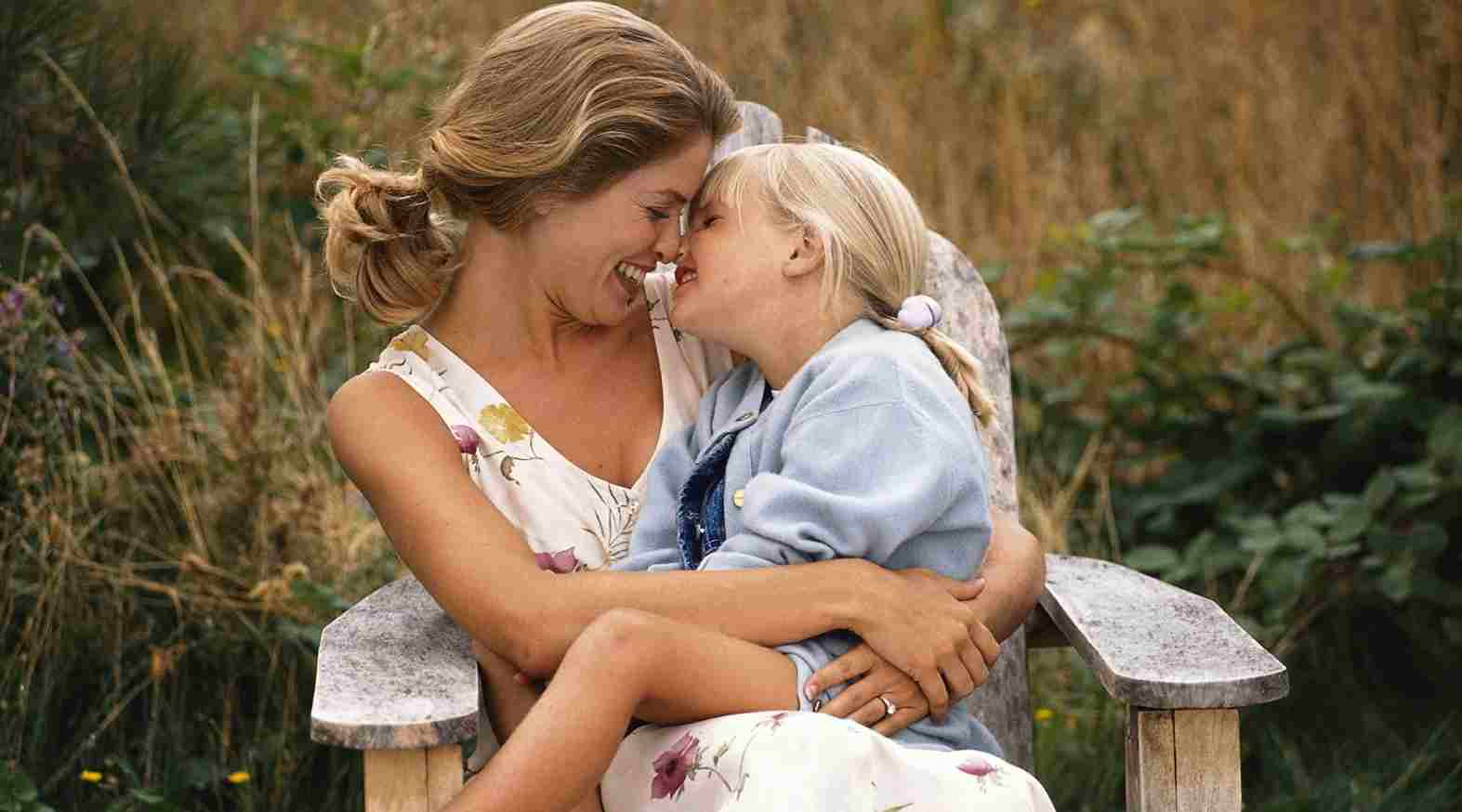
What the Bible Says About Mothers?
The Bible speaks of mothers in various contexts, offering insights into their roles, virtues, and significance within families and society. From Eve, the mother of all living, to the nurturing figures like Sarah, Hannah, and Mary, the biblical narratives depict mothers as central figures in the lives of their children and communities.
In Proverbs 31:10-31, the virtuous woman is described, highlighting her many roles and responsibilities, which often overlap with those of a mother. She is industrious, wise, compassionate, and diligent, providing for her family's needs and guiding them with love and strength. This passage emphasizes the importance of a mother's character and influence in shaping her household.
Mothers are celebrated for their sacrificial love and devotion throughout the Bible. The story of the mother of King Solomon, willing to give up her own comfort to ensure her child's well-being, exemplifies this selflessness (1 Kings 3:16-28). Similarly, the account of the woman who offered her last meal to the prophet Elijah demonstrates a mother's willingness to prioritize her children's needs above her own (1 Kings 17:8-16).
The Bible also acknowledges the pain and challenges that mothers may face. Sarah's longing for a child despite her barrenness, Rachel's anguish over her infertility, and Hannah's fervent prayers for a son illustrate the emotional struggles that many mothers endure (Genesis 18:9-15, Genesis 30:1-2, 1 Samuel 1:9-20). These stories resonate with mothers who have experienced similar trials, offering comfort and hope through the reminder of God's faithfulness.
Motherhood is portrayed as a sacred calling, bestowed by God and deserving of honor and respect. The commandment to honor one's father and mother underscores the significance of parental authority and the responsibility to care for and cherish one's parents (Exodus 20:12). Jesus himself honored his mother, Mary, even in his final moments on the cross, entrusting her to the care of the beloved disciple (John 19:25-27). This example emphasizes the importance of filial piety and the special bond between mothers and their children.
The Bible also contains admonitions and instructions for mothers, urging them to teach their children diligently and instill in them the fear of the Lord (Proverbs 22:6, Deuteronomy 6:6-7). The influence of a godly mother is considered invaluable in shaping a child's faith and character, imparting wisdom and guidance that will last a lifetime. Titus 2:3-5 instructs older women to mentor and teach younger women, including in their roles as wives and mothers, emphasizing the importance of intergenerational support and wisdom.
Mothers are portrayed as nurturers and caregivers, providing physical, emotional, and spiritual support to their children. The psalmist compares God's love to that of a mother, tenderly caring for her offspring (Psalm 131:2). This imagery highlights the compassion and tender care that mothers offer, reflecting the divine love that encompasses and sustains all creation.
The Bible also acknowledges the diversity of motherhood experiences, recognizing that not all women become mothers in the traditional sense. Women like Deborah, Jael, and Mary Magdalene are celebrated for their courage, leadership, and faithfulness, demonstrating that motherhood extends beyond biological ties to encompass spiritual and communal dimensions (Judges 4-5, Matthew 28:1-10).
The biblical narratives depict mothers as influential figures in the lives of their children, shaping their values, beliefs, and destinies. The stories of Rebekah, Naomi, and Lois illustrate the lasting impact that a mother's words and actions can have on subsequent generations (Genesis 27, Ruth 1:16-17, 2 Timothy 1:5). These examples underscore the importance of intentional parenting and the power of a mother's legacy.
The Bible also contains warnings against neglectful or abusive parenting, condemning actions that harm or neglect children (Ephesians 6:4, Colossians 3:21). The story of King Solomon's harsh judgment in the case of the two mothers vying for custody of a child serves as a reminder of the importance of protecting and nurturing the most vulnerable members of society (1 Kings 3:16-28).
Motherhood is celebrated as a gift from God, bringing joy, fulfillment, and purpose to women's lives. The psalmist declares, "Children are a heritage from the Lord, offspring a reward from him" (Psalm 127:3). This affirmation highlights the preciousness of children and the sacred responsibility of parents to nurture and guide them in the ways of righteousness.
The Bible affirms the equality and dignity of women, recognizing their unique contributions to family life and society as a whole. Galatians 3:28 declares, "There is neither Jew nor Greek, slave nor free, male nor female, for you are all one in Christ Jesus," emphasizing the spiritual unity and equality of all believers, regardless of gender or social status.
As we celebrate Mother's Day and adorn ourselves and our mothers with matchy Christian T-shirts, and God Shirts adorned with messages of faith and love, let us not forget the countless mothers who have shaped our lives and nurtured our souls. Let us honor their sacrifices, celebrate their love, and thank God for the precious gift of motherhood.
In the gospel of Luke, we encounter the touching account of the widow of Nain, whose only son had died. Moved with compassion, Jesus restored her son to life, demonstrating his power over death and his profound empathy for the plight of mothers who have lost their children. In this miraculous moment, we witness the boundless compassion of our Savior and the eternal hope he offers to grieving mothers everywhere.
As we reflect on these timeless biblical narratives, let us draw inspiration from the countless mothers who have left an indelible mark on history through their faith, love, and sacrifice. Let us honor their legacy by living lives of gratitude, compassion, and devotion, guided by the timeless truths of scripture and the abiding love of our heavenly Father.
In conclusion, the Bible offers a rich tapestry of teachings, stories, and wisdom regarding mothers and motherhood. From Eve, the first mother, to the countless unnamed women who have nurtured and shaped the course of history, the biblical narratives celebrate the diverse roles and experiences of mothers throughout the ages. Mothers are portrayed as virtuous, sacrificial, compassionate, and influential figures, deserving of honor, respect, and appreciation for their invaluable contributions to the lives of their children and communities.



Leave a comment
This site is protected by hCaptcha and the hCaptcha Privacy Policy and Terms of Service apply.